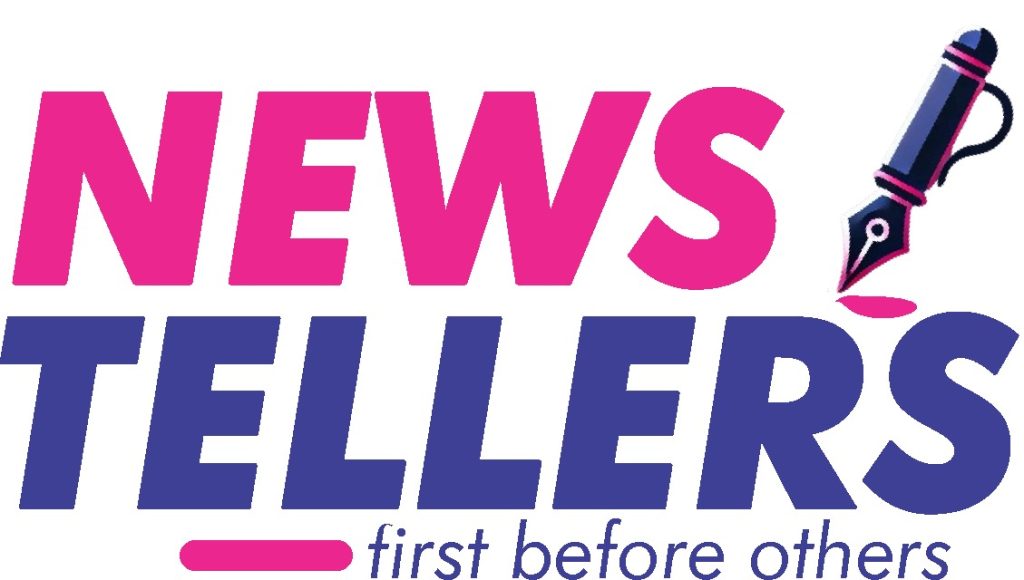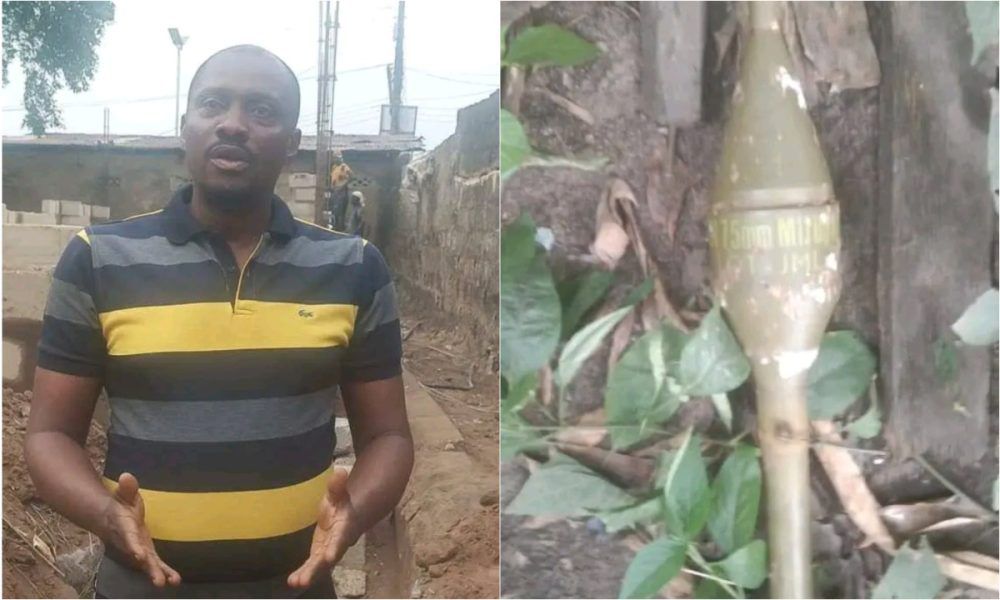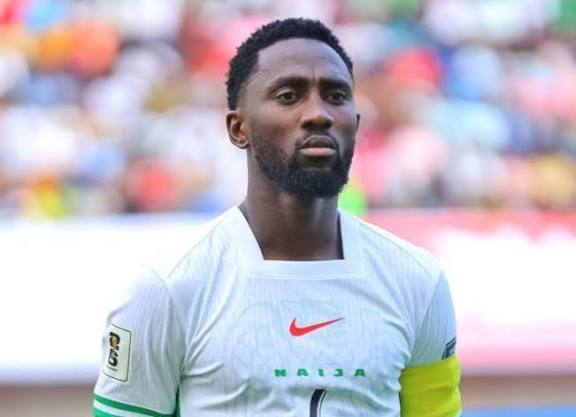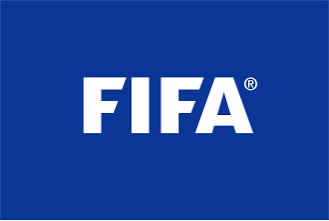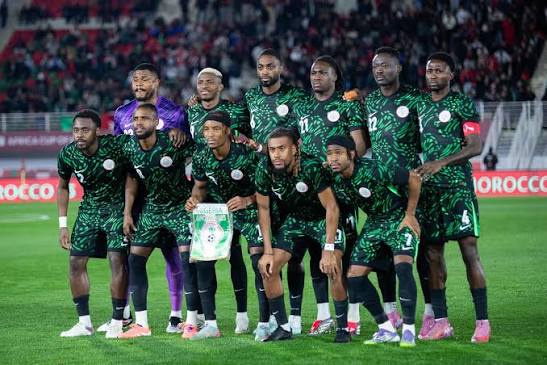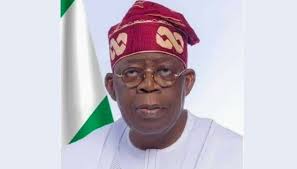
By Sam Omatseye
The suave Ambassador Adekunle Adeleke, the State Chief of Protocol, walked into the waiting room and said the president asked for me. The inner caucus of the presidential staff were in the scribe’s office, including the chief security officer, Adegboyega Fasasi and personal assistant Kamorudeen Yusuf. Swathed in a sunny smile was the country’s First Physician, Dr. Ade Tinubu, who has only one patient: the First Citizen.
After exchange of pleasantries, including Yusuf’s affable jibe at my fila, I was ushered into the president’s office. Poring over a document, President Bola Tinubu did not know my shadow was before him. Principal Private Secretary Hakeem Muri-Okunola welcomed me in and the president heard, looked up, smiled and offered me a handshake and I sat. He continued reading. Muri-Okunola, popularly known as HMO, informed me the president was absorbed in his daily briefings. Private secretary Adedamilotun Aderemi was beside him.
I asked him how often he received the briefing. HMO said Monday through Sunday, with a chuckle. Prepared every day, the briefing was sometimes oral, but often both oral and written. The office is smaller than most ministers’ offices with its understated elegance.
Once he stopped reading, I posed a question to him about security in Plateau State.
“The Plateau State governor was here last night,” he remarked, and he reeled out an idea he was mulling to Mutfwang to put the guns at bay and bring peace and plenty to the Plateau. The idea is at gestation, disruptive and out of the box.
“I was not in the battleground, but I didn’t sleep,” he said glumly about the bloodbath in the region.
We veered into agriculture, and his face lit up as he announced a Brazilian $2.5 billion investment in livestock. Feasibility studies had advanced for ranching. He praised Livestock Minister Mukhtar Maiha, who is mooing well with his new job.
“We are bringing in 2,000 tractors into the country,” he said. Just then National Security Adviser Nuhu Ribadu walked in, and quipped, “Hi Sam. Mr. President, how did he get into town and he went through my security net?” The president smiled, and Ribadu sat down, and the dialogue went into a plan to make cattle wear chips, to monitor, tame herdsmen violence and cattle rustling.
The president remarked that the 33 items were too many before the Federal Executive Council (FEC) meeting scheduled to hold in a moment. The unwieldy number could chip away at rigorous exchange and debate. He was working a mechanism to beat down the number so any item that escaped his eye or FEC did not end up in fraud. The Chief of Staff, Femi Gbajabiamila, also entered and we exchanged greetings.
Just then, Vice President Kashim Shettima entered, and he, too, was surprised to see me. He had a warm exchange with the president and thanked the Jagaban for his help.
The cabinet was seated, and the president rose, and I followed his retinue to the chamber meeting, next door.
Before deliberations and after the national anthem, President Tinubu swore in a commissioner for INEC and members of the Code of Conduct Bureau. Three absentees: FCT Minister Nyesom Wike, Attorney General Lateef Fagbemi and Foreign Affairs Minister of State, Bianca Ojukwu.
Secretary to the Government of the Federation, George Akume was the scribe, and the president was addressed as Mr. Chairman. The meeting started in earnest with a memo from the president himself about insurance for key officers. But Creative Economy Minister Hanatu Musawa’s memo was the next to be read by Akume, about $100 billion programme.
The president highlighted the Wole Soyinka Theatre, which he described as “a diamond in the rough,” and great revenue potential given its environment. Since her memo did not draw from the public till, the president said it was approved.
Aviation Minister Festus Keyamo had a few also that received approval but not before the president adverted to the antelope snafu at the Asaba Airport.
Drama did not come until Works Minister Dave Umahi’s turn. Before that, he seconded virtually all proposals before his own memos. Of course, those of Education Minister Tunji Alausa, Health Minister Mohammed Ali Pate and Agriculture Minister Abubakar Kyari, among others had smooth sails.
Pate’s memo resonated with the public private partnership to domesticate production of essential drugs to cut import cost and choke the market for fake and adulterated medicines.
He drew applause for his honour as one of Time Magazine’s 100 influential persons. Kyari updated the president that of the 2,000 tractors anticipated, half had arrived.
Umahi’s list was longer than anyone else, covering roads in all regions. He announced that 19 projects were ready for commissioning, and 25 others by December. Section one of the East-West Road, a section of the Lagos-Calabar Coastal Road awaited the blare of traffic.
Some roads in the Southwest raised some concern. They included the Ibadan-Ife-Ilesa road, the Sagamu-Ore-Benin Road and the Ekiti-Akure-Benin road. The third generated a response from Solid Mineral Development Minister Dele Alake when he said, for 30 years, it had suffered neglect, and he “wholeheartedly support(ed) the memo.” The president asked, “are you sure” he has plied that road? And he said yes, eliciting laughter.
Alausa observed that the Sagamu-Ore-Benin road was not only a deathtrap, it had many industries there, making it both a safety and economic urgency. The Ibadan-Ife-Ilesa Road, said Umahi, was emphasized when First Lady Oluremi Tinubu passed it in her visit to Obafemi Awolowo University (OAU). This essayist also drove through it a week ago when I visited OAU for a reading of my new novel, Juju Eyes. It took me an hour to return to Ibadan but two hours from Ibadan to Ife.
All three projects were approved.
But Umahi drew swords with Wale Edun, Minister of Finance/Coordinating Minister of the Economy, when Edun said quite a few firms were prepared to bankroll the projects.
Umahi threw the first salvo earlier, a comment that jolted the amiable air of the meeting.
“Since Edun does not like to release money…” But Edun gave no riposte until Umahi had completed his presentation. Umahi said handing the projects over to bankrollers would mire the country in legal obligations because of the contract terms. It was a tense exchange between both men.
“I won’t sign my pen on any such matter,” Umahi said.
“You have a bad handwriting,” the president said sarcastically.
Umahi said he would like to rest and he did not want such matters to keep him up at night.
“You want to rest?” asked the president.
“No sir. I mean after eight years. That’s what I mean, sir. I want to rest just like the president after eight years.”
A laughter across the hall.
Alausa said the roads were too urgent to bog us down by a committee to look into it. The president had the last word and said he would work with Lateef Fagbemi, the attorney general, to find a way out of the legal mire. The roads, he contended, were too important to be delayed by contracts.
Whereupon the president asked Umahi about the Federal Roads Maintenance Agency of Nigeria (FERMA), what of all the engineers? Why can’t they maintain the roads? The agency is under Umahi, but it is underfunded. Umahi said FERMA has 7,300 engineers and for FERMA to do its job, it has to be by legislation. The president said urgent memo was needed to seek out how to make FERMA central to road infrastructure in the country. Umahi referred to Iddo Bridge and Carter Bridge in Lagos undergoing checks.
Just as he was talking, Regional Development Minister Abubakar Momoh took Umahi on about FERMA negligence. He spoke with rage, and Umahi asked the president to take from Momoh’s budget to his ministry in order to fix roads in his domain. Momoh was livid as everyone else laughed.
A little chuckle over a road that led to Ribadu town in Adamawa, and the president asked, “Ribadu?”
Another laugh.
Umahi said it was an important artery in the region. Another drama involved Ribadu when he explained the danger of dredging, some of them in the Lekki area.
The president teased him to leave dredging and go to the forests and flush out the bandits.
Ribadu held his own and said dredgers posed security threats, including oil pipelines. It led to discussion on vandalizations of bridges and manholes, and the president agreed with Gbajabiamila that a special legislation with stiff penalty should be enacted to punish the thieves and the enabling companies.
The meeting cheered to the payment of IMF loan. Edun said it made the government creditworthy. The president told me later that it resulted from discipline, adding that ways and means and the $7 billion debts were now behind the country.
After the meeting, I commented to Alake on the feisty atmosphere. He said it was a carryover from Lagos when Tinubu was governor. It had a collegial air. The president did not hold a patriarchal hold on the debates. It was a FEC of self-expression.
During lunch with him, I observed to the president it seemed we had just started to govern, given the deliberations.
He held meetings I observed comings and goings like a fly on the wall. One was from Aminu Maina, who wanted the president’s backing on recent hirings and he was under political pressure to replace merit with corruption. “I believe in merit. Do what is right,” said Tinubu. Another special adviser updated him on CNG.
HMO returned as the day was winding down to update him on what was coming up. One of about an anticipated list. His trip to inaugurate Pope Leo XIV topped his priority. “I should get my suit ready,” he said.
He would take his rest and return, and meetings would last into the night. “When his appointees are sleeping,” remarked his P.A. Yusuf. “The president is working at 2 am.” I had witnessed that once with Dangote, Akinyelure, Segun Osoba, Oshiomhole, Fubara, et al. A busy day, a busy president.
{The Nation}

